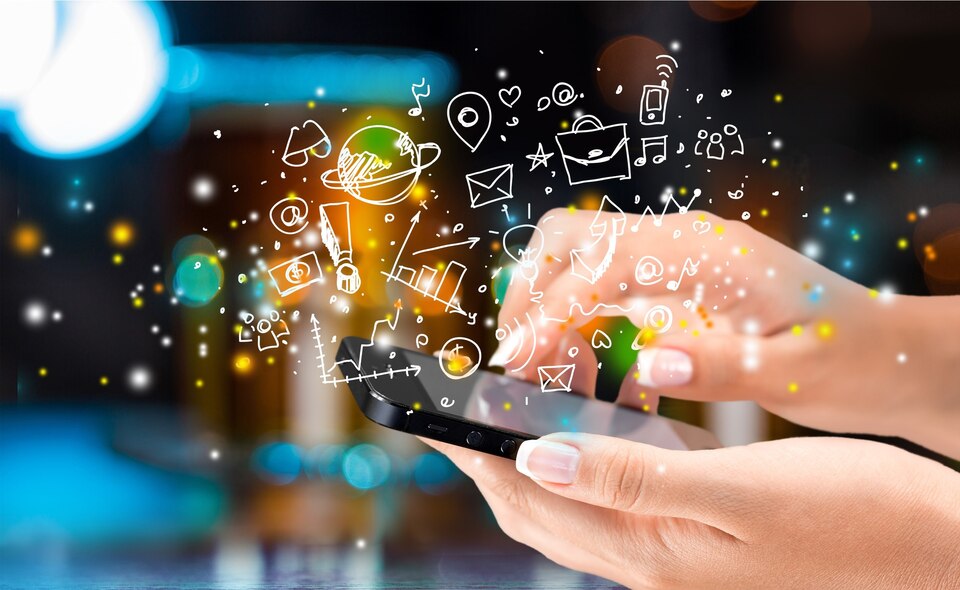The digital marketing world never stands still. Every year, new technologies, consumer behaviors, and platform updates reshape the way brands engage with audiences. As we dive into 2025, several innovative trends are redefining the digital landscape. From AI-powered content creation to immersive customer experiences, here’s a detailed look at the top digital marketing trends for 2025 you need to watch.

AI-Driven Personalization at Scale
Artificial Intelligence (AI) has evolved from simple automation to delivering hyper-personalized customer experiences. In 2025:
- AI tools analyze consumer behavior in real-time to recommend products, content, and ads tailored to individual preferences.
- Email marketing, website content, and social media ads are now dynamically personalized based on browsing history, purchase patterns, and sentiment analysis.
- Tools like ChatGPT-5, Jasper AI, and Copy.ai are empowering marketers to create personalized copy, captions, and ad content in seconds.
Key Insight: Personalization isn’t a luxury anymore — it’s a necessity for customer loyalty and retention.
Voice and Visual Search Optimization
As voice assistants like Alexa, Siri, and Google Assistant grow smarter, voice search accounts for over 30% of online searches in 2025. Additionally, visual search tools (like Google Lens and Pinterest Lens) allow users to search using images.
Marketers are optimizing:
- Content with conversational keywords for voice queries.
- Product images with alt-text and schema markup for visual searches.
- FAQs and local SEO for voice-friendly search queries.
Tip: Focus on natural language, question-based keywords, and high-quality images to stay visible in voice and visual search results.
Rise of AR/VR and Immersive Experiences
Immersive marketing is no longer science fiction. In 2025, brands use Augmented Reality (AR) and Virtual Reality (VR) to deliver interactive experiences.
Examples:
- AR-powered virtual try-ons for fashion, accessories, and makeup.
- VR showrooms for automobiles, furniture, and real estate.
- XR (Extended Reality) ad campaigns that blend real and digital environments.
Stat: According to recent reports, 65% of consumers prefer brands offering AR-enhanced shopping experiences.